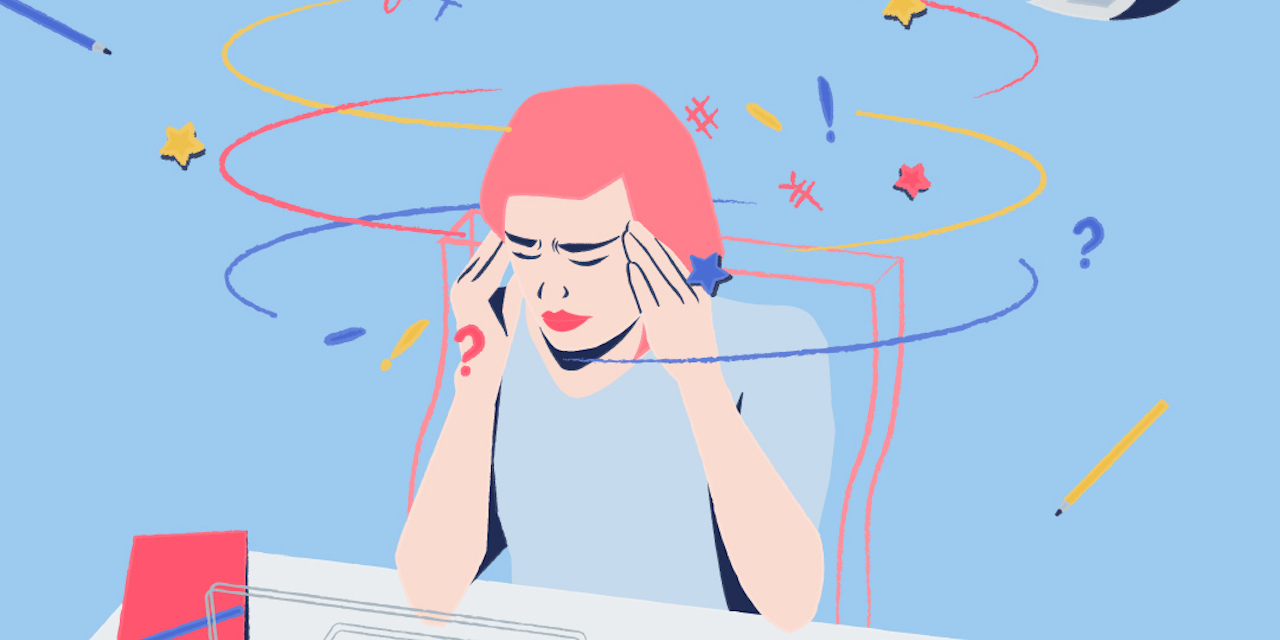
Millions of people around the world experience migraines, a particular type of headache. They are distinguished by pulsating pain, which can be accompanied by vomiting, vertigo, and sensitivity to light and sound. Environmental, dietary, and behavioral factors are just a few of the things that can cause migraines. In this article, we will explore nine common migraine triggers and how to avoid them.
1. Stress
Stress is a common cause of migraines, and it can be challenging to completely avoid it. However, learning stress management techniques can aid in preventing headaches. Stress levels can be lowered by using relaxation techniques like yoga, deep breathing, or meditation. Making time for self-care activities, such as exercise or pastimes, is crucial for stress relief and relaxation.
2. Hormonal changes
Migraines can be caused by hormonal shifts, especially in women. Some women experience headaches as a result of fluctuations in estrogen levels during the menstrual period or menopause. In order to manage hormonal fluctuations, women who suffer from headaches around the time of their menstruation may find relief from taking birth control pills or receiving hormone treatment. The most effective course of treatment for you should be discussed with your doctor.
3. Lack of sleep
Migraines often arise from sleep deprivation. A healthy lifestyle includes getting enough sleep, which can also help protect from migraine headaches. Adults should strive for 7-9 hours of sleep each night. It’s crucial to go to bed and rise up at the same time each day, avoid caffeine and alcohol before bed, and create a dark, peaceful resting environment if you want to develop a normal sleep schedule.
4. Certain foods
Some people can develop migraines after eating certain foods. These include processed meats, aged cheeses, chocolate, and foods loaded with MSG or aspartame. Knowing your specific triggers and avoiding them is essential if you want to prevent migraines caused by food. You can learn which foods cause migraines by keeping a food diary. To help you identify trigger foods and develop a balanced diet plan, you might also want to think about consulting with a certified dietitian.
5. Dehydration
Some people experience headaches as a result of dehydration. It’s essential to consume plenty of water throughout the day, especially in hot weather or while exercising, to avoid migraines caused by dehydration. Adults should consume at least 8 glasses (64 ounces) of water each day. If you have difficulty consuming enough water, try flavoring it with fruit or spices, or bring a refillable water bottle around with you all day.
6. Bright lights
Some individuals may develop migraines when exposed to bright lights, including sunlight and fluorescent lighting. Wearing sunglasses outside and avoiding spending too much time in front of a computer or television screen are essential precautions to take in order to prevent migraines brought on by bright lights. Consider using a glare screen or changing the lighting in your workplace if you work in a bright setting.
7. Strong smells
Strong odors, such as cologne or tobacco smoke, can cause migraines in some individuals. It’s essential to limit contact with these triggers whenever feasible to prevent migraines caused by strong smells. Try covering your lips and nostrils with a scarf or mask if you are unable to avoid strong odors.
8. Weather changes
Weather changes, especially changes in barometric pressure, can cause migraines in some individuals. It’s crucial to pay attention to weather forecasts and take precautions against migraines, such as taking medications or using relaxation techniques, to avoid migraines caused by the weather. To monitor triggers linked to the weather, you should think about maintaining a headache diary.
9. Alcohol
Some people are more susceptible to migraines when drinking alcohol, especially red wine and beer. It’s essential to either limit or completely avoid alcohol intake if you want to prevent migraines caused by alcohol. If you do decide to consume, it is recommended that you keep your intake to a daily maximum of one drink for women and two drinks for men.
